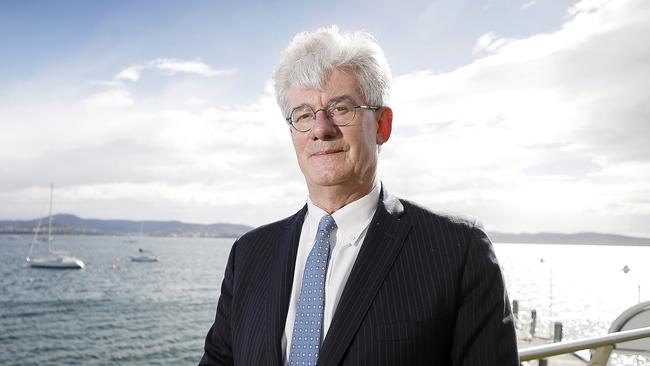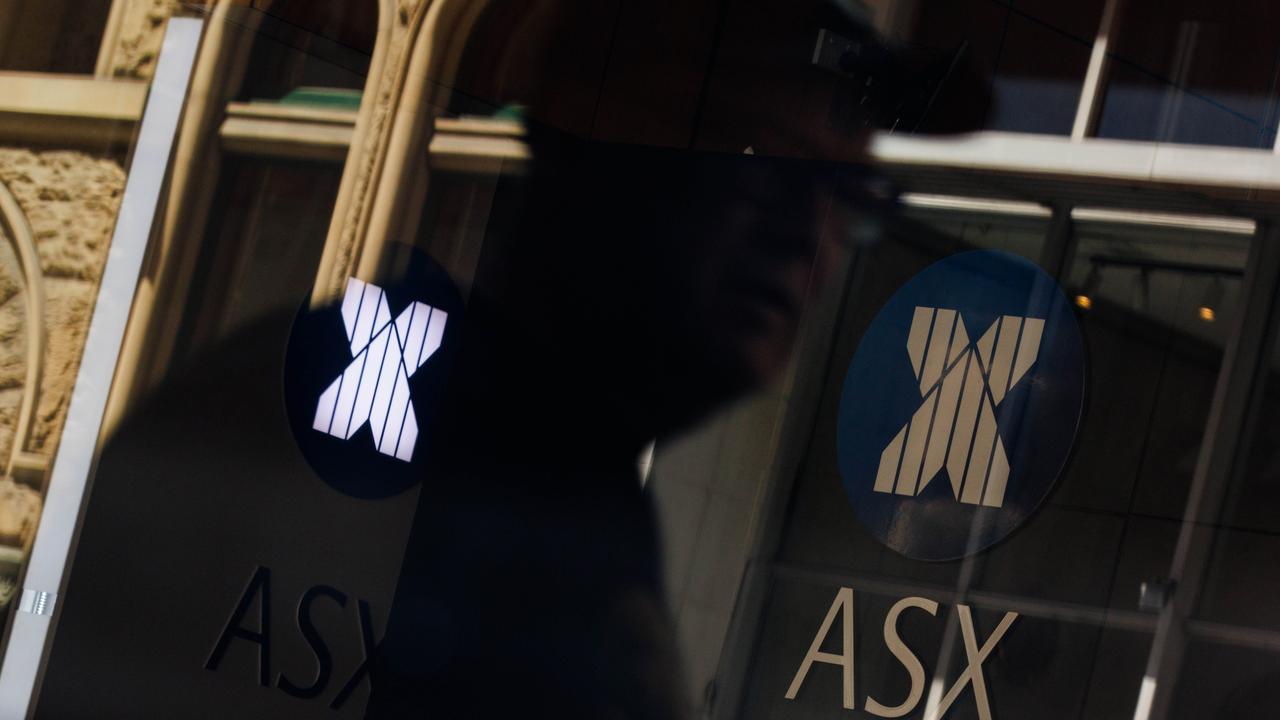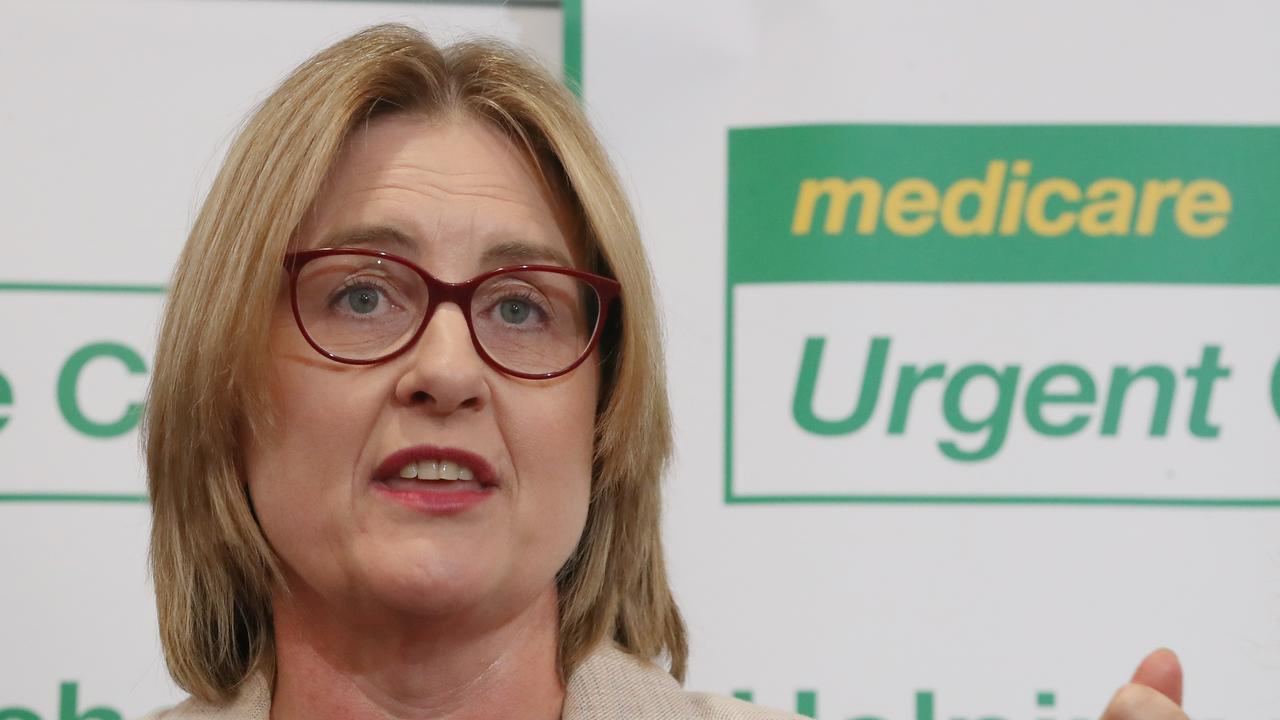Coronavirus: Experts predict a faster recovery from recession this time
Experts say this recession will cause a bigger hit to GDP, but the economic pain will ease much faster than it did 30 years ago.

In the nation’s last recession in 1991, dubbed “the recession Australia had to have” by then-treasurer Paul Keating, unemployment peaked at 11.2 per cent and it took 12 years for the job market to fully recover.
Experts say this year’s recession will cause a far greater hit to the nation’s gross domestic product, but they also expect the economic pain to ease faster than it did 30 years ago.
GDP fell by 1.4 per cent in the 1991 downturn, compared to expectations of an 8 to 10 per cent fall in this year’s recession. However, top economist Saul Eslake said the impacts of the pandemic-induced recession would likely have fewer long-term ramifications.
“In the recession of the early 1990s … (the) unemployment rate started at a low of 5.8 per cent in November 1989,” Mr Eslake said.
“When the recession was over, by the standard definition, in September 1991, it had risen to 10 per cent but it kept rising and didn’t peak until December 1992 at 11.2 per cent. It didn’t get back to where it was before the recession started … until November 2003.
“This is what people mean by the scarring effects of recession. People who find it hard to get back to work quickly tend to be unemployed for a long time. And when they do get back to work, it is usually at lower wages than they were earning before.”
The Morrison government’s record stimulus spend is likely to leave Australia in more debt than after the 1990s. The budget deficit in the 1990s peaked at 4.1 per cent, less than half the 8.5 per cent budget deficit expected this year.
Mr Eslake said there was little fiscal stimulus in the 1990s recession until it was “too late”, when Mr Keating replaced Bob Hawke as prime minister in 1991.
Westpac chief economist Bill Evans said the 1990s recession was caused by a series of policy failures, whereas this year’s downturn was the result of a necessary response to a health crisis. “You had an extraordinary policy mistake by the government to push interest rates up to 18 per cent in a quest to address the current account deficit and address the housing and … commercial property bubble
“Recessions are usually caused by policy mistakes, or policy generally,” Mr Evans said.
“So this policy is obviously not a mistake — it is to do with a health crisis.”



